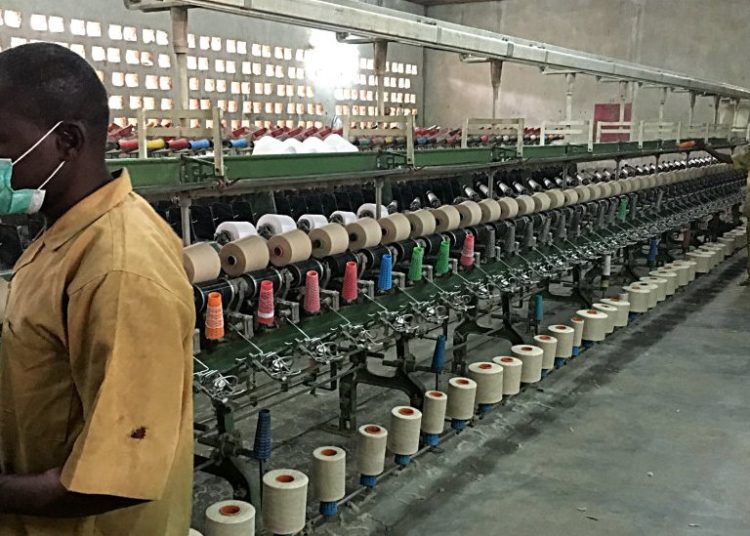Professionals in the supply chain industry have expressed concerns over the poor state of Nigeria’s dilapidated infrastructure, noting that, many manufacturers are relocating, while some factories have recorded huge mortality rates and have remained idle due to forex constraints, low power supply, illiquidity challenges, weak supply chains and astronomical rate in the price of diesel.
The Supply Chain director, Kimberly-Clark Nigeria, Mrs. Azukaego Chukwuelue, at a webinar on managing supply chain challenges in Nigeria, explained that, manufacturers are losing sleep over the challenge, as factories are lying idle waiting for raw materials to arrive for production, while also pointing out that scarcity of forex, inadequate freight shipping cost and absence of skilled labour are major issues impacting supply chain management in the country.
According to her, Nigeria is not close to effective service delivery as consumer complaints are all time high adding that the disruptions are many and many actors are wearing hats in a broader space they initially have not played in.
She said, there is an urgent need for professionals to engage operators in the supply chain management to revive the real sector.
Also speaking, the supply chain director for sub-Saharan Africa, Mondelez International, parent company of Cadbury Nigeria Plc, Ete Pinnick, said the Nigerian government’s policies are still policing rather than regulating, while urging the economic managers to focus on policies that would drive supply chain development in the country.
He advised the federal government to put basic infrastructure in place to take advantage of the African Continental Free Trade Agreement (AfCFTA), saying, most countries are investing heavily in basic infrastructure to enjoy benefits of the trade pact.
“I will expect that the Federal Government starts to put the basic infrastructure in place in its quest to enjoy the benefits of the trade,” he said.
He advised operators to build capacity and resilience in a country where the corruption is high. “Unemployment is above 32 per cent and it has created a lot of insecurity. The number of people who died as a result of insecurity as of last year, is more than the people that have died from COVID-19.
“We need to build a supply chain that has integrity and does not take bribes. A supply chain that is transparent and accountable,” he added.
Chairman, Corporate Affairs and Strategic Planning Committee, Igwe Oranus Chris Chidume, said the Manufacturers Association of Nigeria (MAN) has evolved into the authentic voice for manufacturers in Nigeria, stressing that, it is a credible platform for the private sector to formulate and articulate policy suggestions that complement government’s efforts in overall interest of the economy.
“We have convened this special session to facilitate mutual beneficial between our members and supply chain professionals in ways to improve their alignment with end to end business processes to realise market and economic value.
“This forms the basis of the theme, managing supply chain challenges in Nigeria. When we work together to improve the patronage of made-in-Nigeria products through effective and efficient supply chain channels, more jobs would be created, the contribution of the manufacturing sector to the Gross Domestic Product (GDP) will increase, the standard of living of Nigerians will be enhanced and their products will be enlisted in the comity of global brands generating export proceeds for the country,” he added.











